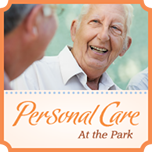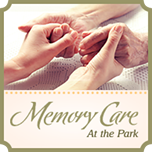With allergy season in full swing, pollen has already taken a toll on those who suffer from seasonal allergies. Seniors are not immune to allergies and suffer the same effects others do. Though a runny nose, watery eyes, and headaches are to be expected, seniors face a set of unique complications in treating allergies. The most pressing issues are related to complicating factors, such as previously acquired illnesses or chronic diseases.
So make sure you are:
Keeping Your Eyes Open
Symptoms of seasonal allergies cause the traditional signs and symptoms among people of all ages. Pay attention to these signs or the signs of a loved one and recognize the classic symptoms of an allergic reaction. We’re not saying you have to wait around for such a reaction. But it does help to be ready.
Informing Your Family Physician
Doctors often find it difficult to diagnose or treat seniors with allergies. The reason seniors remain undiagnosed is because physicians are focused on treating a senior’s more pressing health issues. If you suspect an elderly loved one is suffering from allergies, he or she should immediately inform the family physician. Allergy symptoms, such as a congested nose and a scratchy throat, can be extremely dangerous to a senior with pre-existing cardiovascular disease.
Avoid traditional antihistamines
Doctors treating seasonal allergies frequently rely on antihistamines for symptom relief. While this medication helps to dry up mucus and nasal congestion, it’s also dangerous to seniors. Some of the most prevalent side effects of antihistamines are:
- Confusion
- Drowsiness
- Urinary retention
- Dry mouth
- Dry eyes
- Dizziness
Antihistamines have also been linked to intense mood changes and altered behavior in seniors. The allergy medication can also cause dangerous consequences for seniors taking a number of commonly prescribed medications.
For those who schedule a doctor’s appointment, physicians will likely prescribe alternate medications. For instance, seniors commonly use nasal steroid sprays or topical medication. It’s one of the many reasons giving them a heads up about the possible diagnosis is so beneficial!











